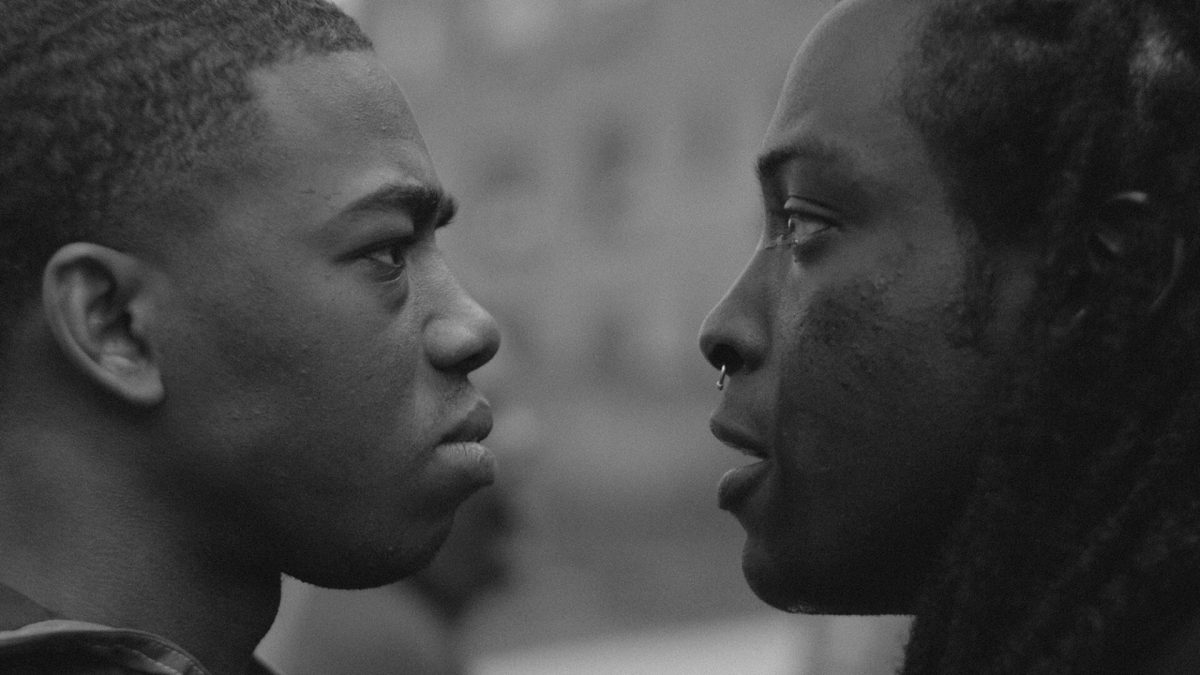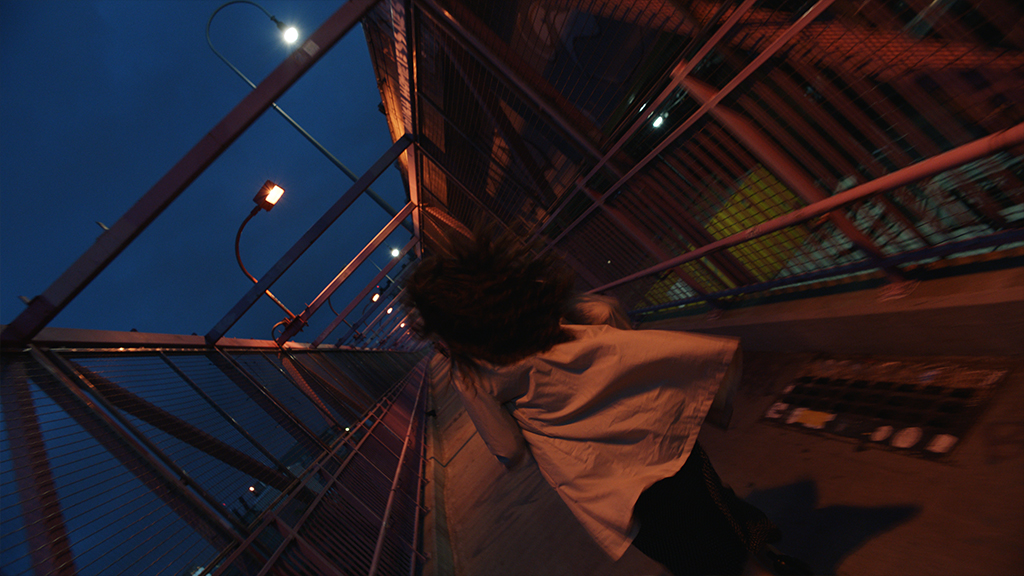
“Distribution is community-building. Without a community, your film has no life.” This is how Kate Gondwe describes the ethos behind Dedza Films, the company she founded in 2020 in partnership with Kino Lorber, with the specific goal of distributing shorts by young and emerging directors of color. That communal outlook guided the curation of Dedza’s debut anthology, Who Will Start Another Fire, which is playing on Kino Now and in select theaters. Featuring nine shorts from Uganda, Nigeria, Israel, the Philippines, and the US, the collection crosses genres and borders to present a fledgling international filmmaking community.
Gondwe founded Dedza in response to the limitations of white-dominated arthouse institutions. A 21-year-old Malawian American, she says she’s “the exact opposite of what the status quo is,” and expresses the need to “dismantle what distribution institutions and their leaders look like.” Dedza inherits this work from previous generations. The DVD release of Who Will Start Another Fire features an introduction by influential LA Rebellion director Charles Burnett. “Filmmakers like Burnett were not given the longevity needed to sustain a career, because their stories did not match Hollywood criteria,” says Gondwe. “Yet we’re inspired by their own stubbornness to conformity.”

This trenchant nonconformity runs throughout the collection. Some shorts tackle race and politics head-on. Jermaine Manigault’s Not Black Enough discusses the nature of Blackness with brusque, sardonic humour, while Samira Saraya’s Polygraph stages a tense romance between an Israeli Arab nurse and an IDF intelligence officer. Others express themselves through abstraction and ambiguity. Nicole Otero’s Slip, a wordless piece about a woman walking the city at night, finds echoes in Faye Ruiz’s The Lights Are On, No One’s Home, which follows a trans woman returning home to a now-gentrified neighborhood, weaving in and out of time as she remembers her mother. Water becomes a symbol in Emily Packer and Lesley Steele’s By Way of Canarsie, a series of documentary vignettes about a coastal neighborhood in Brooklyn embittered by state neglect. And Alex Westfall’s The Rose of Manila stages an imagining of Imelda Marcos’s early pageant career, a prelude to the tyranny that gripped the Philippines during her husband Ferdinand’s rule.

The opening trio of shorts are the most striking, each focusing on childhoods interrupted by the troubles of adult life. Peier Tracy Shen’s Like Flying offers a tender depiction of a Chinese American girl whose bright demeanor contrasts with her parents’ broken relationship, while Olive Nwosu’s Troublemaker depicts a firecracker prank gone wrong. And Nicole Amani Magabo Kiggundu’s Family Tree shows how the death of a Ugandan politician affects his daughter.
Accompanying the anthology is Scrapbook, a collection of writings from young critics of color which offer provocative commentary on the films. Robyn Mabuto and Alexandra Bentzien disagree on the political overtones of The Rose of Manila and whether it romanticizes or critiques Marcos. Abiba Coulibaly performs an incisive, class-conscious reading of Family Tree, while Ana Velazquez offers a more poetic reflection on Slip. Scrapbook editor Aaron Hunt believes these essays are a crucial part of building Dedza as a community. “When an article about a film is published, the conversation tends to die with minimal fanfare, so the dream is a platform that encourages further responses to the original criticism.” Initiatives live this make Dedza a uniquely inclusive space, and Gondwe and Hunt hope to continue to offer this space for radical BIPOC-centered filmmaking outside the arthouse establishment.

Who Will Start Another Fire is available to stream via Kino Now.
0 Commentaires